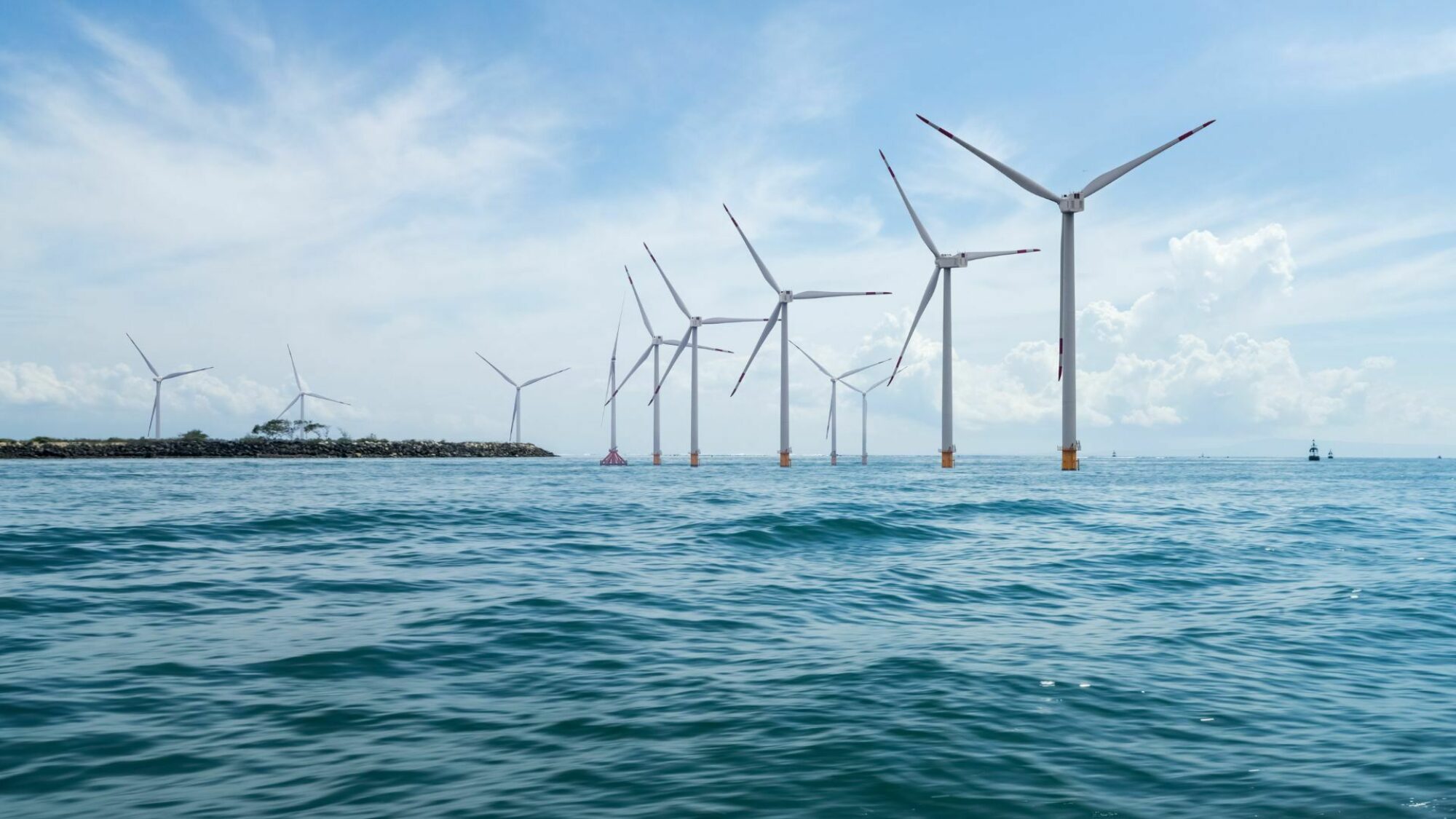UK Ranks Top Out of G7 Countries For Sustainability
The 2023 Competitiveness Report by Eight International reveals that among the G7 countries, the UK stands out in particular for its impressive sustainable performance, making waves as a global leader within this sector.
In fact, the UK ranks second best in its Environmental Performance Index and seventh in its Green Index, all thanks to lower levels in air pollution and carbon emissions.
The report grants an overall index score of 0.72 for sustainability, a higher rating compared to any of the world’s largest economies including the US, Japan and Germany. As if that wasn’t impressive enough, the UK also ranks first for sustainability for countries with a population over 25 million. Wowzers!
